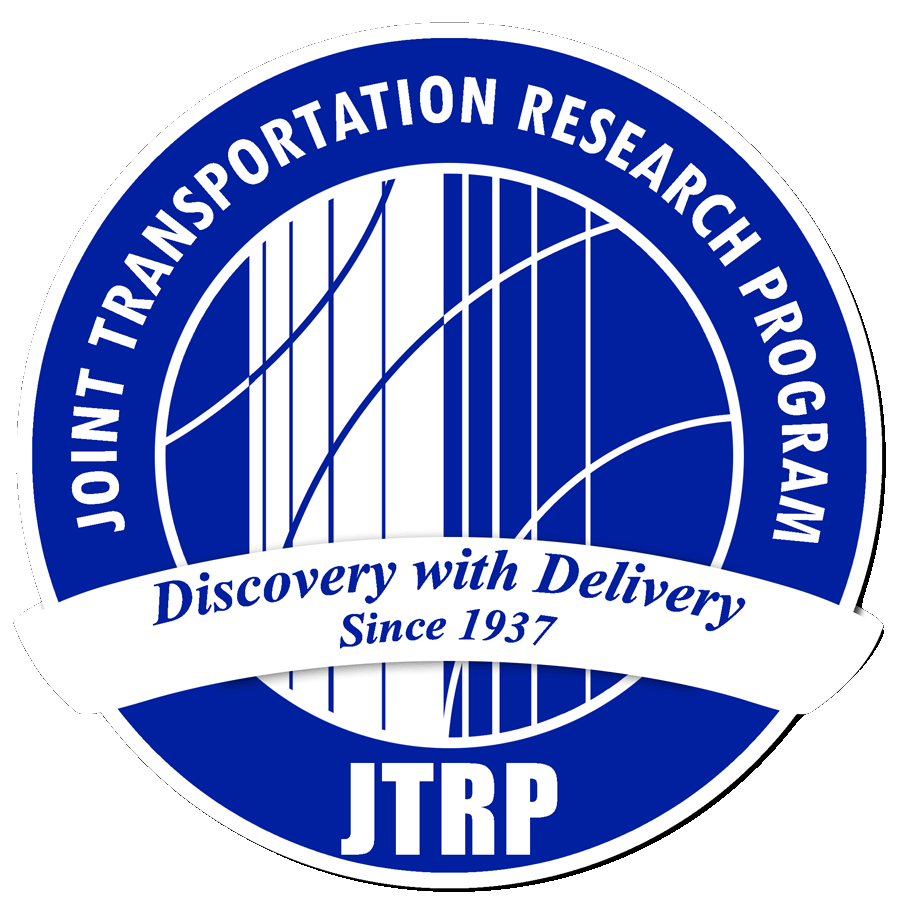Abstract
Until the early 1990s, curling and warping of Portland cement concrete pavement did not concern pavement engineers in many transportation agencies. Since beginning construction of the interstate system in the United States in the late 1950s through the late 1980s, the performance of Portland cement concrete pavement has been associated with properties of concrete as a pavement material. In those years developed standards and design guidelines emphasized better concrete materials and construction control. At the time, combining curling and loading stresses was quite controversial due to the nature of the load-carrying capacity of concrete pavement and the occurrence of types of loads. Arguments developed that the types of loads (traffic and curling) rarely occurred at the same time of day. The concrete pavement design principle did not include the effects of curling and warping of concrete pavement as determining design factors in pavement performance.
This research project was initiated as a response from the INDOT Pavement Steering Committee related to the joint spacing of Jointed Plain Concrete Pavement in Indiana. There was an initiative in the Committee to reduce the joint spacing from 18 feet to 15 feet as a way to reduce premature concrete pavement deterioration. There was an indication that some newly paved JPCP had transverse cracks even before the pavement section was opened to traffic.
In this experimental study, several important conclusions were drawn from temperature analysis, stress-strain analysis, and other data analysis. The analysis from this experimental study supports the decision by INDOT to shorten the concrete pavement joint spacing to increase the performance of Jointed Plain Concrete Pavement in Indiana.
Keywords
concrete pavement, curling, performance, JPCP, experiment, SPR-2642
Report Number
FHWA/IN/JTRP-2011/20
SPR Number
2642
Performing Organization
Joint Transportation Research Program
Publisher Place
West Lafayette, Indiana
Date of Version
2011
DOI
10.5703/1288284314644
Recommended Citation
Nantung, T. E. High Performance Concrete Pavement in Indiana. Publication FHWA/IN/JTRP-2011/20. Joint Transportation Research Program, Indiana Department of Transportation and Purdue University, West Lafayette, Indiana, 2011. https://doi.org/10.5703/1288284314644Technical Summary


